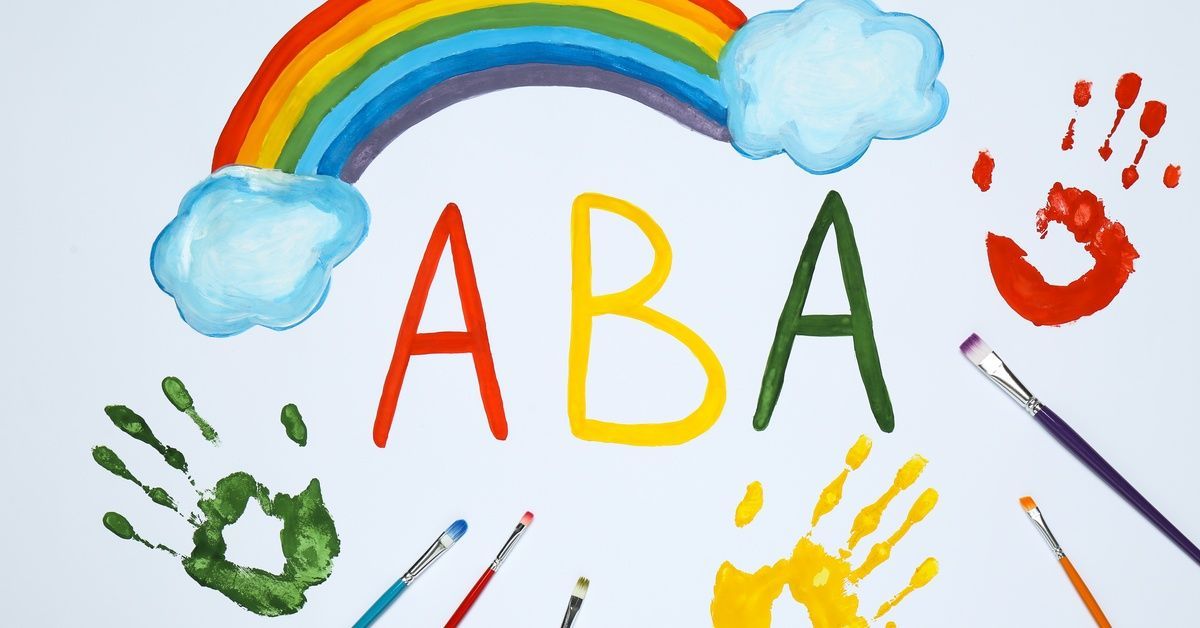Tips for Managing Aggression in Children With Autism
Parenting is an exciting journey filled with challenges and rewards, and when you have a child with autism, these challenges can be unique and, at times, overwhelming. One such challenge is managing aggression in children with autism. Let’s explore some practical and effective tips to understand and manage aggressive behavior.
Understand the Triggers
The first step to managing aggression in children with autism is to identify the triggers that can lead to aggressive behavior. Some common triggers include sensory overload, lack of communication, transitions, and disruptions in routine. Once you understand the triggers, you can create a calming and accommodating environment for your child, resulting in reduced aggressive behaviors.
Create a Calming Environment
A calming environment can have a significant impact on a child’s mood and behavior, providing the much-needed balance in their day. Ensure there’s an area in the house dedicated to relaxation and sensory engagement, which may include:
- Sensory toys
- Calm lighting
- Soothing colors
- Comfortable seating
This dedicated space will also provide a familiar and comforting retreat when a child becomes overwhelmed.
Establish a Routine
Consistency is paramount for children with autism, so establish and maintain a daily routine to create predictability and familiarity. A well-structured routine can reduce the chances of your child becoming overwhelmed or anxious, thus preventing aggressive behaviors. You should prepare your child for any changes in routine to avoid a sudden shift that may trigger their aggression.
Enhance Communication Skills
Improving communication skills can positively impact the way the child expresses their emotions and needs. Introduce visual aids, such as flashcards, visual schedules, or picture exchange communication systems, to help your child communicate their feelings. Encouraging effective communication can lower the likelihood of frustration, which ultimately results in minimizing aggressive behavior.
Seek Professional Help
If aggressive behaviors persist or worsen, you should seek professional help from therapists, psychologists, or behavior analysts. Early intervention programs and applied behavior analysis (ABA) therapy can provide customized strategies and treatment plans to address aggressive behaviors efficiently and proactively.
Attend Parent Training for Autism
Participating in parent training for autism, such as the program offered by your child’s ABA center, can empower parents to better understand and address their child’s unique needs. These training programs equip parents with essential skills, techniques, and strategies to manage challenging behaviors, including aggression, and create a harmonious home environment for the entire family.
Managing aggression in children with autism may seem overwhelming, but the key is to remain patient, learn, and adapt. By understanding the triggers, parents can effectively minimize aggressive behaviors and ensure their child’s happiness and well-being. Contact us at HANDS Center today and gain invaluable skills and support to navigate this challenging journey.






